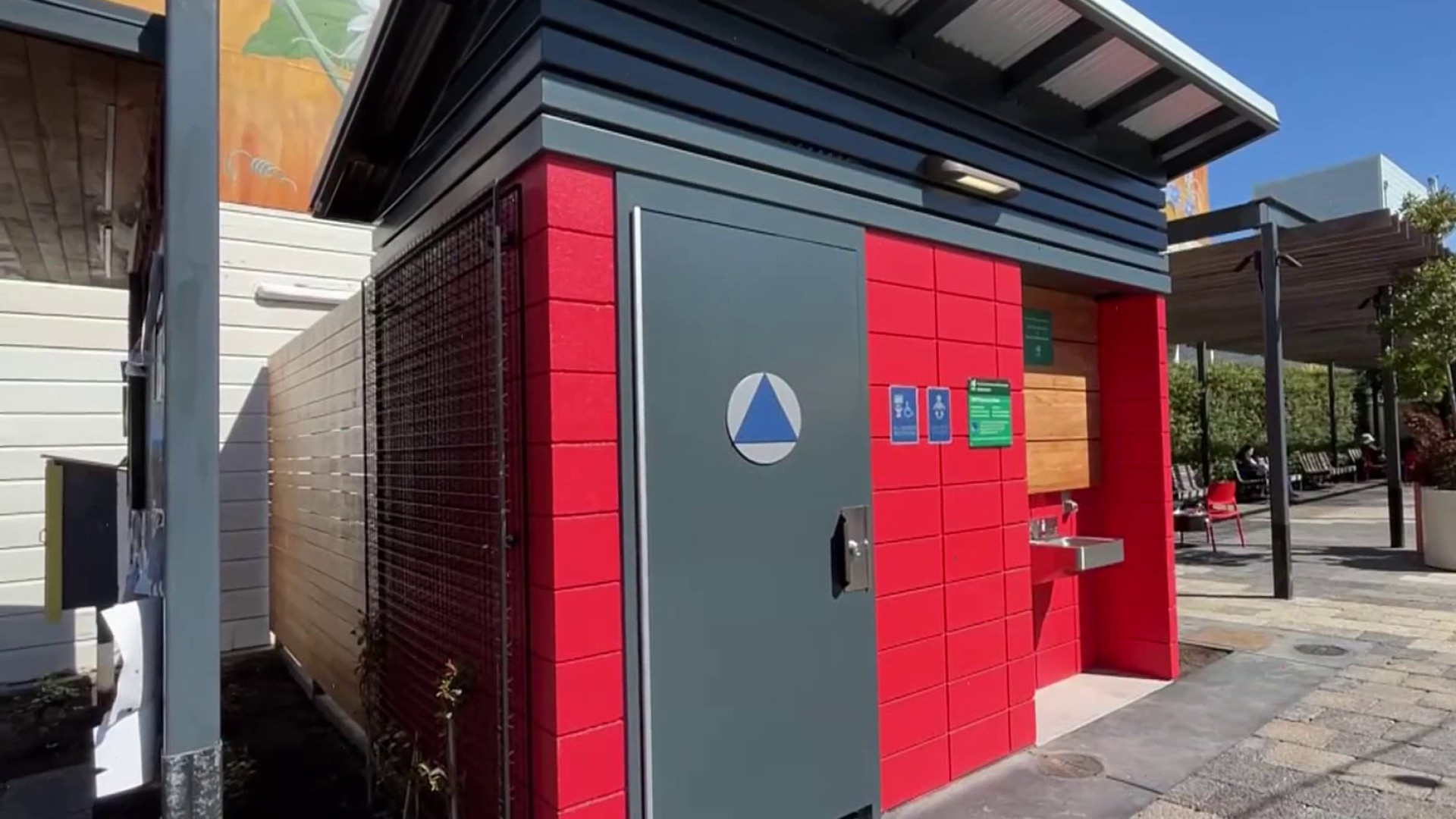The family of a Nebraska college student who died by suicide as a result of his allegedly mistaken belief that he had incurred a massive financial loss trading in stock options has brought a lawsuit in Santa Clara County Superior Court against the securities trading platform Robinhood.
The suit claims that Robinhood Markets Inc. and its affiliates are responsible for the 20-year old's death because, among other things, they targeted young investors and allowed them to trade in financial products without ensuring that they understood the risks.
In an unusually dramatic complaint filed Monday, the plaintiffs recounted the life story of Alex Kearns, who "was shy as a little boy but outgoing and active in high school."
Kearns was on a scholarship to University of Nebraska-Lincoln where he enrolled in the R.O.T.C. program.
According to the complaint, Kearns opened a Robinhood stock trading account while still a high school student. "Within only a few months, despite being only 18 and having little or no income, Robinhood approved Alex for trading in options."
Many of the complaint's allegations about Kearns' option trading are stated to be on "information and belief." Information and belief is the legal phrase used in a complaint to indicate that while the plaintiff does not have first-hand knowledge, he or she believes the allegation to be true.
According to those allegations, Kearns initiated a "spread trade" in which he simultaneously sold and purchased options for the same stock at different prices. According to the complaint, Kearns believed that by doing a spread trade, his maximum loss in the worst case would be less than $10,000.
Local
On June 11, 2020, the complaint alleges, the holder of the options that Kearns had sold exercised the options, "thus obligating Alex to purchase the underlying [stock.]"
Just before midnight on that date, Kearns received an email from Robinhood that showed his cash account to have a negative balance of $730,000. Four hours later, at 3:26 a.m., Robinhood sent notice that Kearns had to deposit $178,000 to his account.
Kearns tried to contact Robinhood several times that night and again in the morning of June 12, but allegedly he could not reach a live person and only received auto-generated replies.
He later took his own life, leaving a note that indicated he was overwhelmed with the burden of owing so much money, according to the complaint.
In the end, it was a misunderstanding. The communications from Robinhood covered only one part of the spread trade.
"In reality," the complaint states, "Alex did not owe any money; he held options in his account that more than covered his obligation, and the massive negative balance would have been erased by the exercise and settlement of the puts he held."
The complaint argues that Robinhood is responsible for Kearns' death by allowing him to trade in financial products that he was too young and unsophisticated to understand. According to the complaint, Robinhood targets young investors and does not rigorously evaluate whether the investments they are approved to make are appropriate for them.
In recent weeks, Robinhood has attracted a tsunami of attention after a large group of retail traders -- self-organized on Reddit and trading on the Robinhood platform -- began to bid up the price of retail video game seller GameStop that had been heavily shorted by hedge funds betting the company's share price would fall.
The situation turned into one of the big stories of the new year as an army of small buyers drove GameStop's price to record highs, in the process squeezing the hedge fund traders and forcing them to cover billions of dollars of short positions, generating massive trading losses.
Robinhood founders Vladimir Tenev and Baiju Bhatt issued a "Founder Letter" after Kearns' death, committing the company to improvements in education and user interface, and stating they were "personally devastated by this tragedy."
If you or someone you know is at risk of suicide, please call the U.S. National Suicide Prevention Lifeline at 800-273-8255, text TALK to 741741 or go to SpeakingOfSuicide.com/resources for additional resources.



